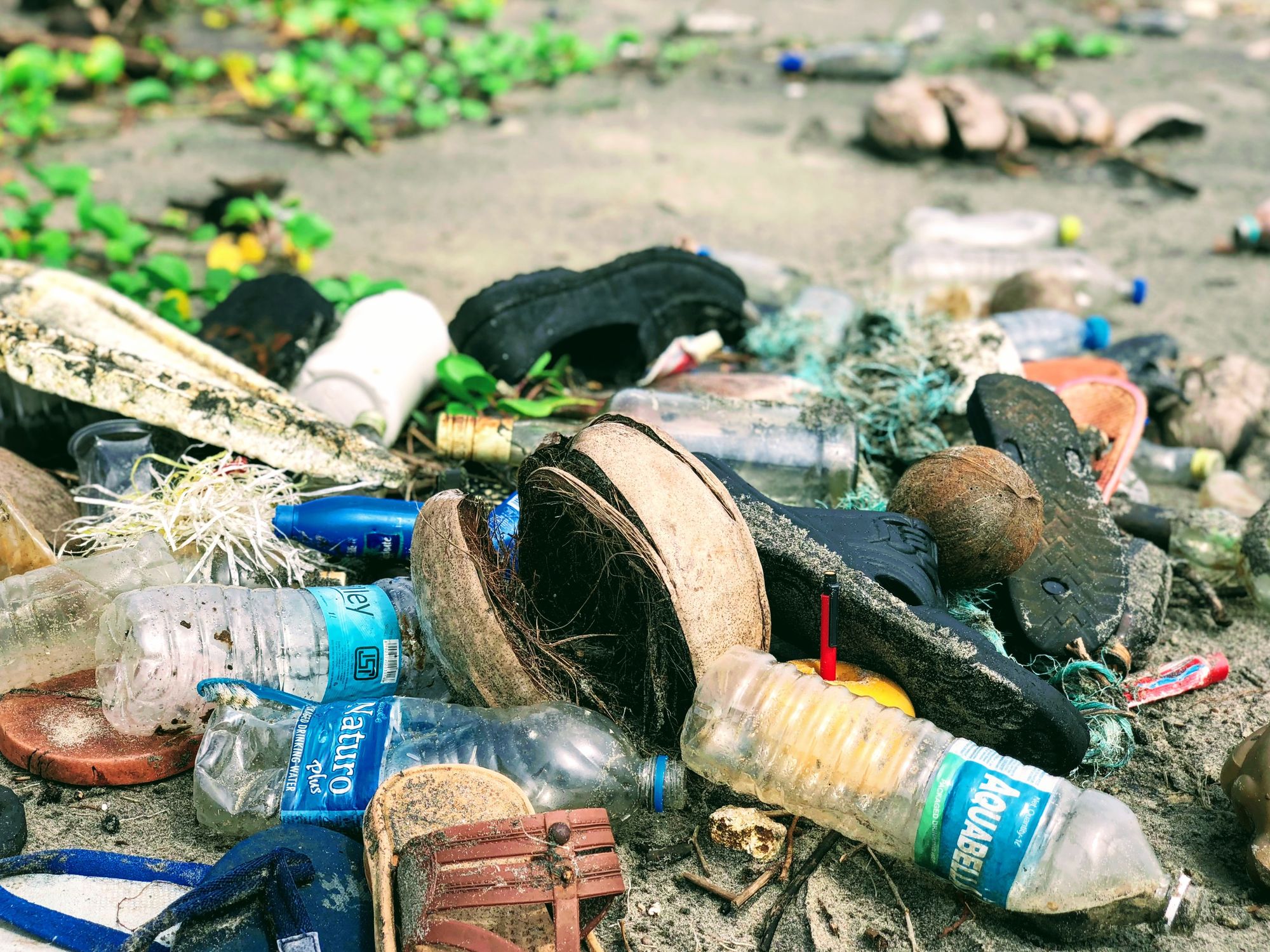By Virginia Campbell, Food Editor
The Croft Magazine // Shane Jordan, a Bristol based chef known for his pioneering ideas on limiting food waste, shares his insider secrets with Epigram. His book Food Waste Philosophy is available to buy from major retailers.
Bristol is a progressive city, with a University that prides itself on matching this ethos. Are there any incentives for Universities to get involved in food sustainability?
S: "Becoming more sustainable enhances universities’ reputation, as it helps indicate that they are environmentally friendly institutions. Prospective students are attracted to universities that are conscious of their environmental and ethical commitments.
One of the measures used to assess the environmental friendliness of universities is People & Planet’s Green League. This resource provides a comprehensive and independent ranking of UK universities based on environmental and ethical performance and practices.
Incorporating sustainable food policy and aiming for positive environmental and ethical campaigns can please [stakeholders] and attract sponsors for green projects and campaigns."

What do you believe is the main challenge facing first-year students cooking for themselves for the first time?
S: The main challenges that students may face are the following:
Confidence- Many students lack the confidence to cook for themselves, which may stem from uncertainty and a lack of ability to cook food.
Sharing a kitchen space- Some students are uncomfortable cooking around other people for various reasons.
Time management - Many students feel that they do not have the time to cook for themselves and instead choose to order takeaway food as a quicker, easier alternative.
Habits - Some students are used to having their parent(s) cook for them and develop a habit of eating out during the week and going home over the weekend. With this habit, many students fall into a cycle of never using the kitchen to cook and prepare food.
What are your top tips to help students manage their food waste?
S: Create a shopping list: Write what you need to buy on a piece of paper or download a shopping list app on your phone. When you have a list, you do not buy what you already have.
Also, try not to shop for food when you are hungry, which often encourages impulse buying and excess food that does not get eaten.
Use food storage clips and Tupperware: Both of these items help to keep food fresher for longer and can also be placed in the fridge and freezer.
Create meals from leftover food: Before you make something, think about what meals you could make from the leftovers. For example, if you make pasta with tomato sauce, you can use the extra sauce to make a curry.
Simply add curry powder and turmeric to the sauce when heated and pour over rice or couscous. You now have two meals from the same ingredients, using only spices to change the flavour and create a new meal.
You can also use fruit and vegetable skins for meals as well. For example, the zest of lemons or limes can be used for desserts, and potato skins can be fried or baked.
Understand ‘best before’: This label simply means that the food tastes or looks at its ‘best’ before the date shown; it refers to the quality of the food.
Understand ‘display until’:‘Display until’ and ‘sell by’ are only needed for in-house staff and to inform workers when to take a product off the shelf, which is called stock rotation.
Understand ‘use by’: This label means using the product by the date indicated. This label is a health warning, meaning that food eaten past this date would have health implications. This label is the most important item to look for on food.
Share your food: If you have made too much food, you can share it with your roommates. Another option is to download a food sharing app, which can also allow you to receive donations. Finally, homeless people can always benefit from food donations.

Why is limiting food waste such an important concern?
S: Food waste is a significant issue, not only in the UK but also globally. For further in-depth information, the Waste and Resources Action Programme (WRAP) offers reports and statistics available online on how millions of tons of avoidable household food waste is thrown away every year in the UK. Limiting food waste is important for the following reasons:
Financial impact: You can save money by reducing food waste, because the more food you buy, the less money you have. Most households throw away a significant amount of avoidable household waste, which stems from an inability to correctly use or store food. If you buy and use food responsibly, the money that you can save can be used for other purposes.
Environmental impact: Food waste dumped in landfill sites causes greenhouse gases, leading to global warming. Furthermore, limiting your food waste will discourage pigeon droppings in your local area and stop cats, rats, and foxes from destroying your bins.
Energy and resources impact: Growing crops, manufacturing, transporting, and selling food consume a lot of energy and resources. When there is less demand for food production, fewer resources are required. Furthermore, when fewer resources and energy are being used, more is saved
What can students do to help prevent food waste outside of university halls, when eating out etc.?
There are many ways in which students can prevent food waste outside of their university halls. For example, with snacks, such as crisps and biscuits, use food bag clips to seal the bags, which helps keep food fresher for longer.
At takeaways, store the leftovers in Tupperware containers in your fridge once you’re home after your night out. Some restaurants allow you to take food away, often with a system of ‘doggy bags’.
As a solution for buffets, because you are not allowed to take away uneaten food with you, consider taking smaller amounts of food each time you go back for seconds when all of your food has been eaten.
Finally, when you enter places such as coffee shops, cafés, pubs, bakeries, and sandwich shops, store uneaten food in mini Tupperware storage containers. This way, leftovers do not contribute to food waste.
Featured: foodwastephilosophy.net
Find The Croft Magazine inside every copy of Epigram Newspaper









